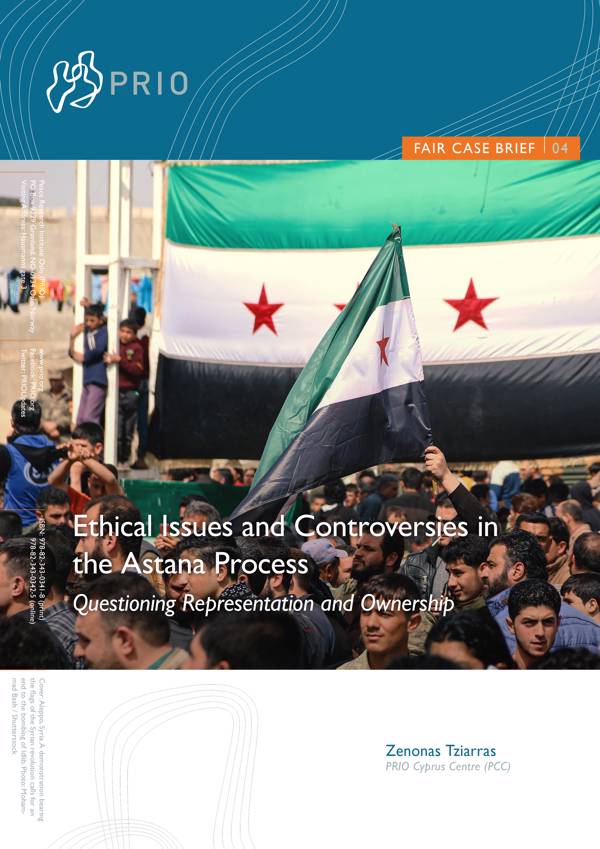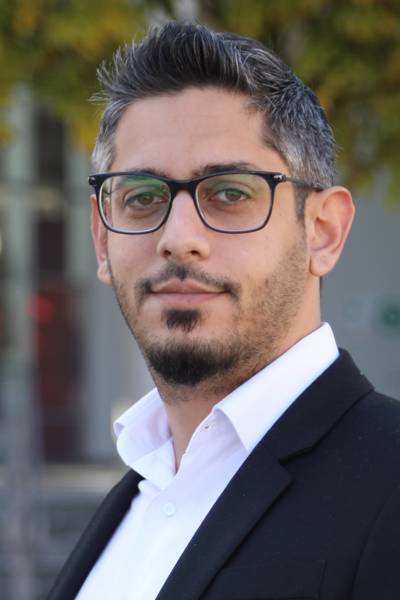The Astana process became central to the peace efforts regarding the Syria conflict after 2017, but it has been heavily influenced by the interests and positions of its three sponsors or guarantor powers: Russia, Turkey, and Iran. As the scope of the process became wider, encompassing political and constitutional aspects, some of its shortcomings in the areas of representation and ownership became more salient. It has thus been questionable the extent to which Astana contributes to peace in Syria or reinforces a status quo and legitimizes foreign involvement, against the country's unity and political transition to a post-conflict future.
Tziarras, Zenonas (2022) Ethical Issues and Controversies in the Astana Process: Questioning Representation and Ownership. FAIR Case Brief: 4. Oslo: PRIO.








